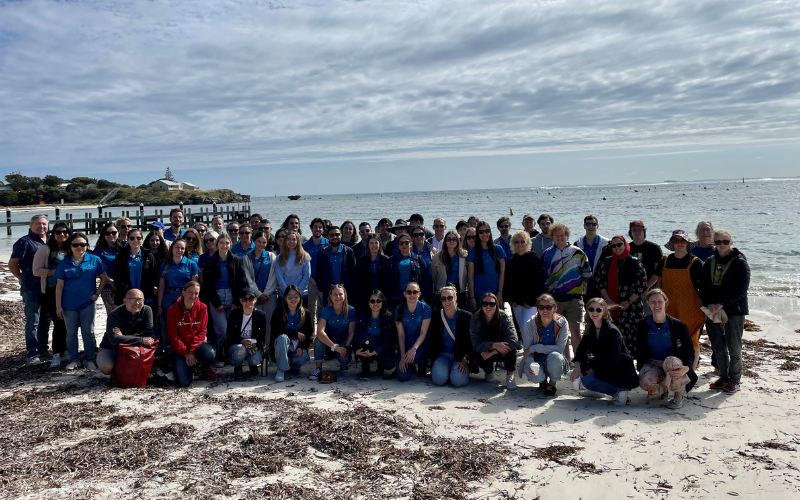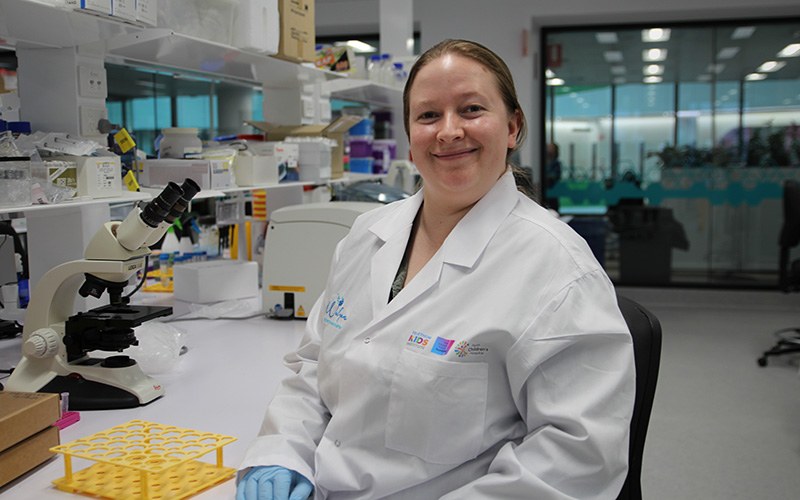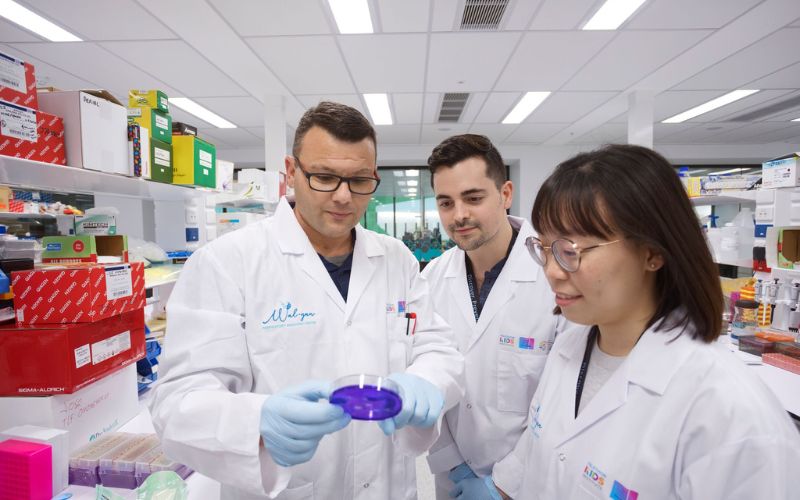Search
Research
Spring-infusors: How a simple and small solution can create king-sized complexityThe aims of the study were to investigate family and hospital staff views about the use of spring-infusor devices for administration of intravenous antibiotic medications, to examine if the device is acceptable and feasible and to map a process for implementation.
Research
Time to get serious about the detection and monitoring of early lung disease in cystic fibrosisStructural and functional defects within the lungs of children with cystic fibrosis (CF) are detectable soon after birth and progress throughout preschool years often without overt clinical signs or symptoms. By school age, most children have structural changes such as bronchiectasis or gas trapping/hypoperfusion and lung function abnormalities that persist into later life. Despite improved survival, gains in forced expiratory volume in one second (FEV1) achieved across successive birth cohorts during childhood have plateaued, and rates of FEV1 decline in adolescence and adulthood have not slowed. This suggests that interventions aimed at preventing lung disease should be targeted to mild disease and commence in early life.
Research
The effect of inhaled hypertonic saline on lung structure in children aged 3-6 years with cystic fibrosis (SHIP-CT): a multicentre, randomised, double-blind, controlled trialIn the Saline Hypertonic in Preschoolers (SHIP) study, inhaled 7% hypertonic saline improved the lung clearance index in children aged 3-6 years with cystic fibrosis, but it remained unclear whether improvement is also seen in structural lung disease. We aimed to assess the effect of inhaled hypertonic saline on chest CT imaging in children aged 3-6 years with cystic fibrosis.

News & Events
Five researchers from The Kids awarded Early Career Child Health Researcher FellowshipsFive researchers from The Kids Research Institute Australia have been awarded three-year fellowships with the aim of keeping more WA-based PhD graduates involved in child health research.
Research
Mouse Lung Structure and Function after Long-Term Exposure to an Atmospheric Carbon Dioxide Level Predicted by Climate Change ModelingClimate change models predict that atmospheric carbon dioxide [CO2] levels will be between 700 and 900 ppm within the next 80yrs. In this study we aimed to assess the respiratory structure and function effects of long-term exposure to 890ppm CO2 from preconception to adulthood using a mouse model.
Research
Overcoming Challenges to Make Bacteriophage Therapy Standard Clinical Treatment Practice for Cystic FibrosisIndividuals with cystic fibrosis (CF) are given antimicrobials as prophylaxis against bacterial lung infection, which contributes to the growing emergence of multidrug resistant (MDR) pathogens isolated. Pathogens such as Pseudomonas aeruginosa that are commonly isolated from individuals with CF are armed with an arsenal of protective and virulence mechanisms, complicating eradication and treatment strategies.
Research
ERS International Congress 2020 Virtual: highlights from the Allied Respiratory Professionals AssemblyThis article provides an overview of outstanding sessions that were (co)organised by the Allied Respiratory Professionals Assembly during the European Respiratory Society International Congress 2020, which this year assumed a virtual format. The content of the sessions was mainly targeted at allied respiratory professionals, including respiratory function technologists and scientists, physiotherapists, and nurses.

News & Events
Great minds come together at Wal-yan Scientific RetreatWal-yan Respiratory Research Centre team members and special guests travelled to Wadjemup (Rottnest) on 27 and 28 October to spend an intensive two days together learning about, and providing input into, the broad range of research projects underway within the Centre.

News & Events
World-first study finds some biodiesel exhausts harmful to childrenWal-yan Respiratory Research Centre PhD candidate Katherine Landwehr is researching the impact of breathing in biodiesel exhaust fumes on the lungs.

News & Events
Patients with antibiotic-resistant lung infections to receive promising phage therapy treatment as part of new trial led by The Kids Research Institute Australia Researcher Anthony KicicPatients with lung infections that are not responding to antibiotics will be treated with phage therapy as part of a translational trial program to be undertaken by world-recognised experts in this field.
